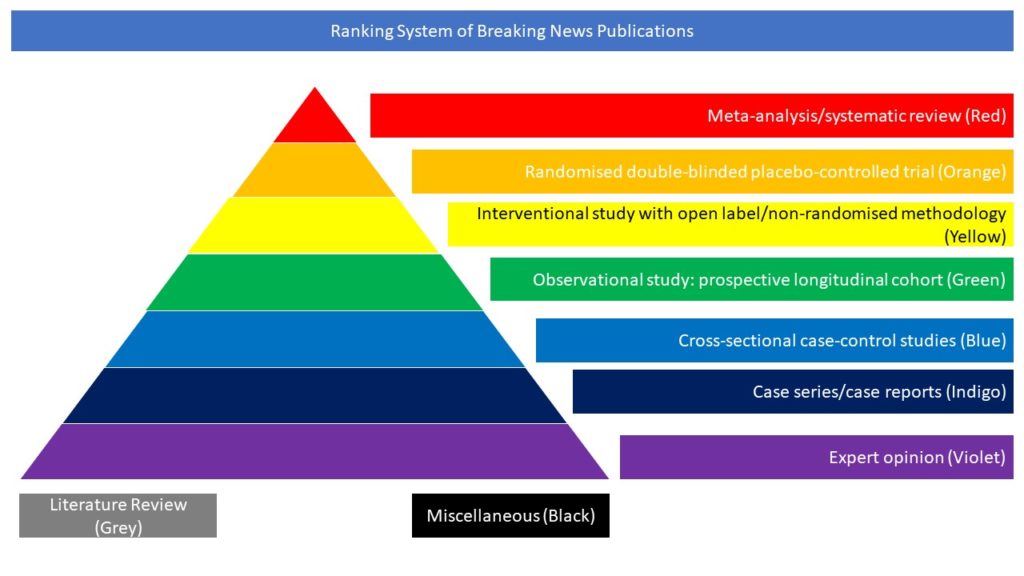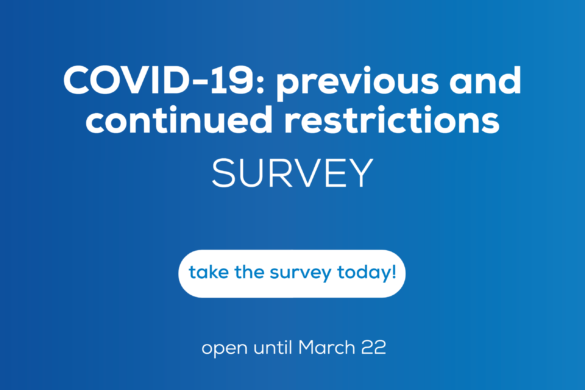Case series/case reports (Indigo)
The novel human coronavirus (SARS-CoV-2) shows neurotropism and systemically affects the central nervous system (CNS). Cognitive deficits have been indeed reported as both short- and long-term sequelae of SARS-CoV-2 infection. However, the association between these disturbances and background/disease-related clinical features remains elusive. This work aimed at exploring how post-infective cognitive status relates to clinical/treatment outcomes by controlling for premorbid/current risk factors for cognitive deficits. Cognitive measures (Mini-Mental State Examination, MMSE) of N=152 COVID-19 patient were retrospectively assessed in relation to disease severity, intensive care unit (ICU) admission, steroidal treatment, and occurrence of other viral/bacterial infections by controlling for remote/recent/COVID-19-related risk factors for cognitive deficits (at-risk vs. not-at-risk: Neuro+ vs. Neuro-). Descriptively, impaired MMSE performances were highly prevalent in mild-to-moderate patients (26.3%). ICU-admitted patients made less errors (p=.021) on the MMSE than those not admitted when partialling out risk factors and age-the latter negatively influencing performances. When addressing Neuro- patients only, steroidal treatment appears to improve MMSE scores among those suffering from other infections (p=.025). The authors concluded that cognitive sequelae of COVID-19 are likely to arise from a complex interplay between background/clinical premorbid features and disease-related/interventional procedures and outcomes. Mild-to-moderate patients requiring assistive ventilation who however are not admitted to an ICU are more likely to suffer from cognitive deficits-despite their etiology remaining elusive.
Manera MR, Fiabane E, Pain D, Aiello EN, Radici A, Ottonello M, Padovani M, Wilson BA, Fish J, Pistarini C. Clinical features and cognitive sequelae in COVID-19: a retrospective study on N=152 patients. Neurol Sci. 2021 Nov 15:1–6. doi: 10.1007/s10072-021-05744-8.









